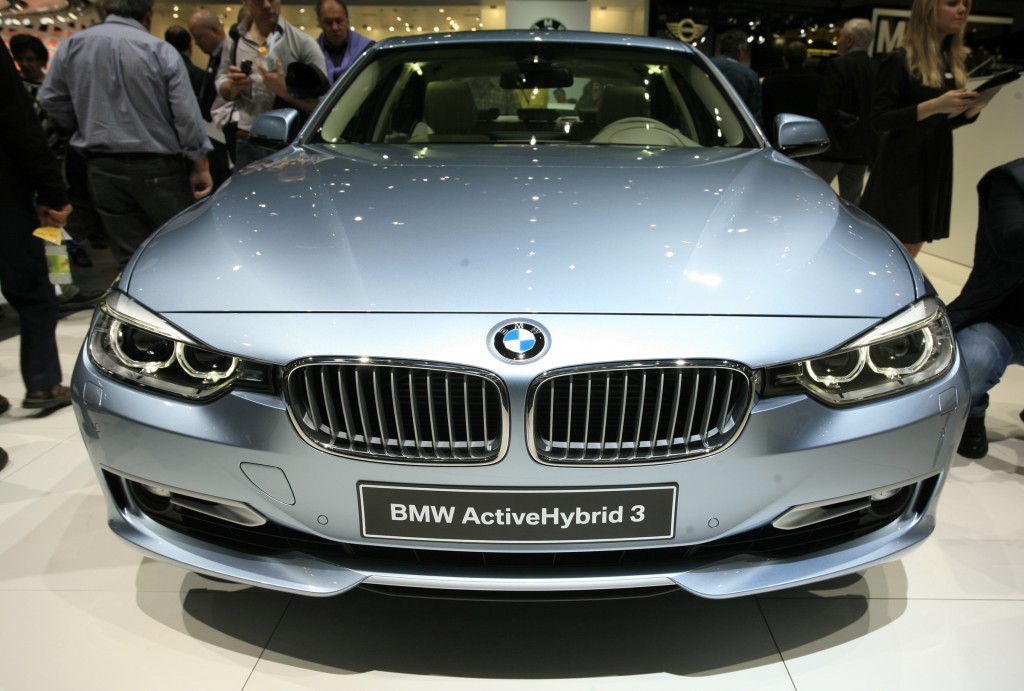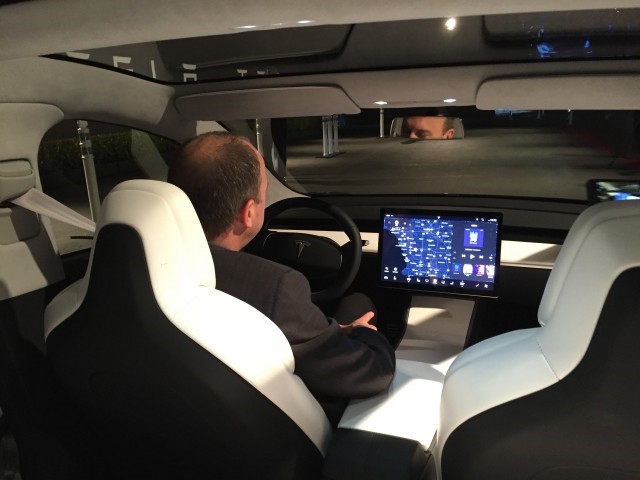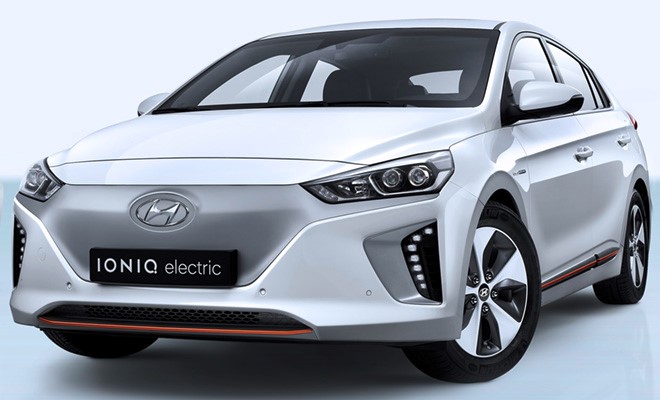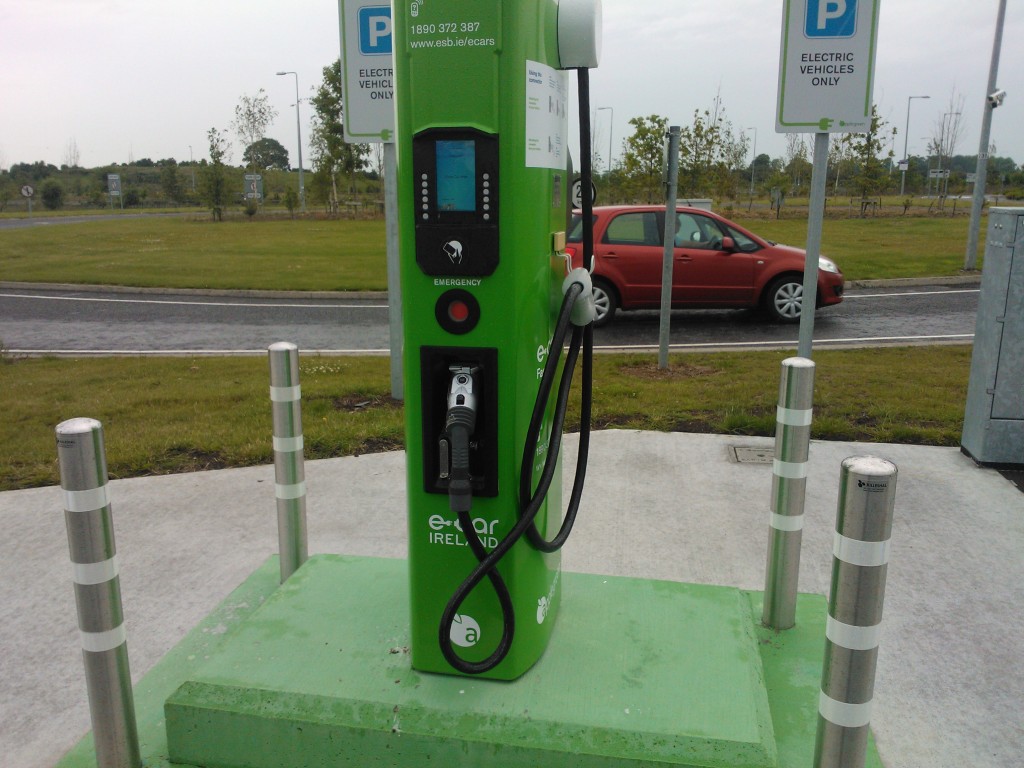A rechargeable battery is useless unless you have a place to recharge it. If you’re running out of juice in your electric car, you can’t just make a quick stop at the local petrol station — unless your local garage has a place where you can plug it in. Unfortunately, recharging the large array of batteries in an electric car can take several hours, and most petrol stations would prefer that you didn’t block their lanes for that long.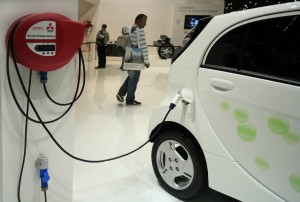
The best solution to the recharging problem is to take the car home in the evening and plug it in, similar to the way you might plug in a laptop computer or digital music player, so that it can recharge overnight.
EVs will come with charging systems that allow them to recharge from a standard electric socket so that the next morning you’ll be ready to hit the road again. Although at least one company claims to be developing systems that can recharge an electric car in 10 minutes, existing rechargers take between 3 and 10 hours to bring an electric car battery up to full strength using normal home electricity
Once an EV has been recharged, how far will it go before it needs to be recharged again? This depends on a number of factors, including the type of battery in the vehicle. EVs using lead-acid batteries (old technology, not very common) have the shortest range — around 80 miles (128.7 km) on a single charge. NiMH batteries turn in a better performance, with a range of about 120 miles (193.1 km) per charge.
This is where lithium-ion batteries excel, with a range of more than 220 miles (354.1 km) per charge — using the Tesla Roadster as an example. If driving distance is the most important consideration, lithium-ion batteries are the ones to choose. Some manufacturers, in particular performance Electric cars use Lithium Polymer batteries. These batteries can give a range that woulde give a similar petrol engined car a run for its money.
The range of an EV can be extended even further with a technology known as regenerative braking, which uses the kinetic energy of the car’s brakes to recharge the battery as the car brakes. Under optimum driving conditions, regenerative braking can extend the car’s range up to 50 percent, though in most situations the gain in driving range will be smaller.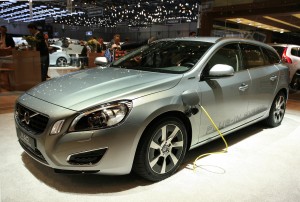
But what if you want to take a longer trip in an electric car and won’t be home for an overnight recharging session? Will there be somewhere you can plug it in?
There is a national roll out of charging stations across the country at present. The ESB are carring this out at present and aim to have several, including fast chargers in every major town and city across the country. This will rapidly increase when motorists begin to embrace Electric Vehicle technology and demand for the charging network increases. To view a list of charging points across the country go to www.evcompare.ie/electriccarchargemap
One advantage of recharging stations is that they are able to re-charge cars more quickly than a home re-charging system can, though at present it’s unlikely that vehicles will be in and out as quickly as at a Fuel station, however at present, a fast charger will charge a battery to 80% capacity in just 20mins.
Although this is not acceptable if a motorist is in a hurry, it has been known for some motorists to take this long at a pump and hog it. Problems like this will be a thing of the past, as manufacturers are working with charging developers to over come this problem. Audi in particular are working with a Fast Charging manufacturer to develop conduction wireless charging. This involves the motorist driving the car over a pad in the ground and similar to how an electric toothbrush charges, the car will wirelessly re-charge.
In the near future. EV’s will be best suited for commuting to work, school and for local travel and shopping trips. When used in this manner, the car gives the motorist a very economical way of motoring.
